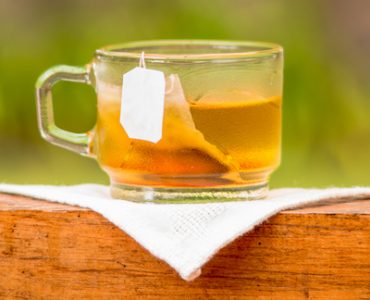Alternative medicines are commonly used to treat various diseases because many people consider them to be natural and safe. A good example of alternative medicine is herbal medicine. It is a practise that uses plants and various plant extracts to treat diseases. Aside from being natural and economical, herbal medicines have numerous benefits. However, not everything that’s natural is safe. Herbal medicines must be used wisely as they have side effects just like other types of medicines.
Certain herbs can aggravate a patient’s condition and can potentially cause adverse reactions when used with other drugs, as in the case of HIV and cancer. Patients with a skin disease (such as psoriasis and topic dermatitis) who use certain forms of herbs are likely to develop skin allergies.
Some of the herbs that have side effects include gingko, ginger, garlic, St. John’s Wort, tea tree oil, and echinacea. Gingko, garlic, and ginger may pose health risks to patients if taken prior to surgery, and may lead to complications during surgery or to post-operative bleeding. St. John’s Wort, a natural anti-depressant, can reduce the effectiveness of some heart drugs and oral contraceptives. It may also interact with HIV drugs, antidepressant medications, and chemotherapy drugs. Tea tree oil, which is used for treating skin diseases such as tinea and acne, can cause contact dermatitis. Echinacea, which is commonly used for the treatment and prevention of colds, may cause liver inflammation if taken with anabolic steroid drugs. In addition, echinacea causes an adverse reaction when used together with immunosuppressive drugs.











